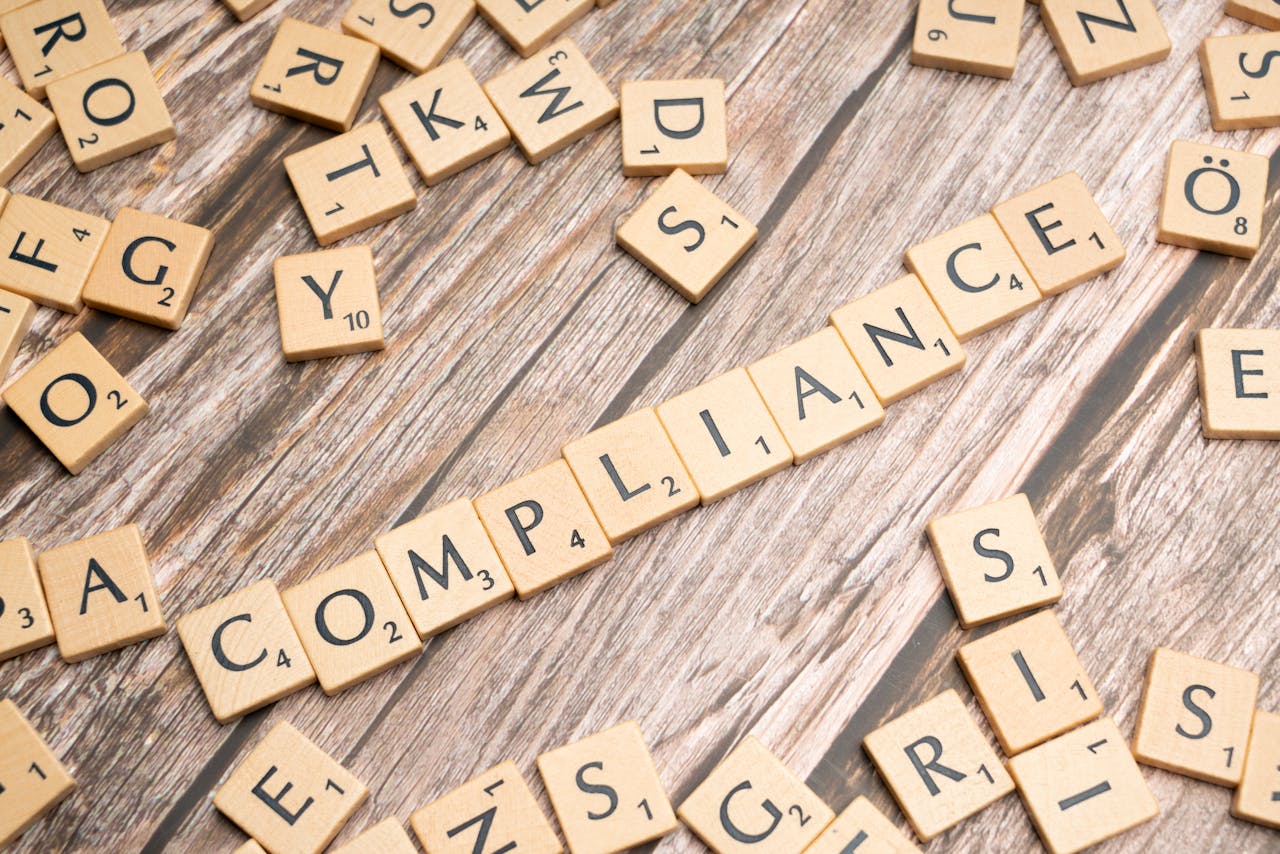The cryptocurrency industry is in a state of flux, with regulatory landscapes shifting rapidly across the globe. Recent headlines, such as Donald Trump’s ambition to make the US the global crypto capital, underscore the growing importance of this digital asset class. However, this burgeoning industry is also grappling with a patchwork of regulations that vary widely from country to country.
Navigating this complex regulatory environment is crucial for businesses and individuals looking to operate in the cryptocurrency space. This guide aims to provide clarity and actionable insights to help you stay compliant and thrive in this dynamic market.
Understanding the global regulatory landscape
The world of cryptocurrency regulation is a complex patchwork of rules and guidelines. While some countries have embraced digital assets with open arms, others have taken a more cautious approach. Let’s break down some key regions and their regulatory stances.
The United States: A patchwork of regulations
The U.S. has been at the forefront of both cryptocurrency innovation and regulation. Federal agencies like the Securities and Exchange Commission (SEC) and the Financial Crimes Enforcement Network (FinCEN) have been actively involved in shaping the industry. However, the regulatory landscape is still evolving, with different states having varying approaches. For instance, New York has implemented the BitLicense, a stringent regulatory framework for cryptocurrency businesses operating within the state.
The European Union: A harmonized approach
The European Union has taken a more unified approach to cryptocurrency regulation with the introduction of the Markets in Crypto-Assets (MiCA) regulation. This comprehensive framework aims to create a level playing field for crypto businesses while ensuring consumer protection and market integrity. However, the full impact of MiCA is yet to be seen.
Asia: A spectrum of approaches
Asia is a microcosm of the global regulatory landscape. Countries like Singapore and Hong Kong have adopted a relatively progressive stance, fostering innovation while implementing robust regulatory frameworks. On the other hand, China has imposed strict bans on cryptocurrency trading and mining.
The UAE: A new crypto hub
The United Arab Emirates (UAE) has emerged as a crypto-friendly jurisdiction, taking the lead in establishing a comprehensive regulatory framework. The Dubai Virtual Asset Regulatory Authority (VARA) and Abu Dhabi Global Market (ADGM) are the major regulators in the region, granting licenses to crypto exchanges, custodians, and other service providers. While the UAE offers a conducive environment for crypto businesses, compliance with VARA and ADGM’s regulations is mandatory.
In the following sections, we’ll delve deeper into specific regulatory challenges and explore strategies to navigate this complex environment.
Building a framework for navigating regulations
Let’s explore some key strategies for navigating these challenges.
Identifying relevant jurisdictions
The first step in building a compliance framework is to identify the jurisdictions where your business operates or intends to expand. This includes where your company is registered, where your customers are located, and where your business activities are centered. Understanding the regulatory landscape in each jurisdiction is crucial.
Understanding specific requirements
Once you’ve identified relevant jurisdictions, delve deep into their specific regulatory requirements. This includes understanding licensing obligations, reporting requirements, consumer protection rules, and anti-money laundering (AML) and counter-terrorism financing (CFT) regulations. Keep in mind that regulations are dynamic, so staying updated is essential.
Building a compliance framework
A robust compliance framework is your shield against regulatory risks. Develop clear policies and procedures that outline your organization’s commitment to compliance. This framework should cover areas such as customer due diligence (CDD), transaction monitoring, recordkeeping, and employee training.
Due diligence on partners and counterparties
In the cryptocurrency world, partnerships are often essential. Conduct thorough due diligence on any partners or counterparties to assess their compliance posture. This includes verifying their licenses, understanding their AML/CFT procedures, and assessing their reputation in the market.
Effective risk management
Implement a robust risk management framework to identify, assess, and mitigate potential compliance risks. This involves conducting regular risk assessments, developing contingency plans, and staying updated on emerging threats.
Best practices for regulatory compliance
Navigating the complex web of cryptocurrency regulations requires a proactive and strategic approach. Let’s explore some best practices to help you stay compliant.
Knowledge is Power
Staying updated is crucial to avoid falling behind. Subscribe to regulatory updates, attend industry conferences, and follow reputable news sources. For instance, the Financial Action Task Force (FATF) regularly issues guidance on anti-money laundering (AML) and counter-terrorism financing (CFT) for the crypto industry.
Leveraging technology
Technology can be a powerful tool for enhancing compliance. Blockchain analytics can help track suspicious transactions and identify potential risks. Artificial intelligence (AI) can automate compliance processes, reducing the burden on staff. For example, AI-powered tools can analyze large volumes of data to detect patterns of suspicious activity.
Building strong relationships with regulators
Engaging with regulators can be beneficial. Building open and constructive relationships can help you understand their expectations and address concerns proactively. Attend industry events and conferences where regulators participate to network and gain insights.
Seeking expert advice
Navigating the complexities of cryptocurrency regulation can be overwhelming. Consider seeking legal and compliance advice from experts who specialize in the industry. They can provide tailored guidance and help you develop effective compliance strategies.
Cultivating a culture of compliance
A strong compliance culture starts from the top. Ensure that compliance is a priority for all employees, from executives to frontline staff. Provide regular training on regulatory requirements and encourage employees to report any suspicious activity.
Stay ahead of regulatory complexities with Fuze
Fuze is at the forefront of enabling businesses to harness the potential of digital assets while navigating complex regulatory landscapes. Our comprehensive solutions address the multifaceted challenges enterprises face when offering cryptocurrencies, stablecoins, and tokenized assets.
By leveraging cutting-edge technology and a deep understanding of regulatory requirements, Fuze provides a robust infrastructure that simplifies compliance and accelerates go-to market and decreases time-to-market. Our platform empowers businesses to confidently explore the opportunities presented by the digital asset ecosystem.
Would you like to know more about our crypto offerings? Head over to <link> so that we can create your custom crypto trading and business plan today!







